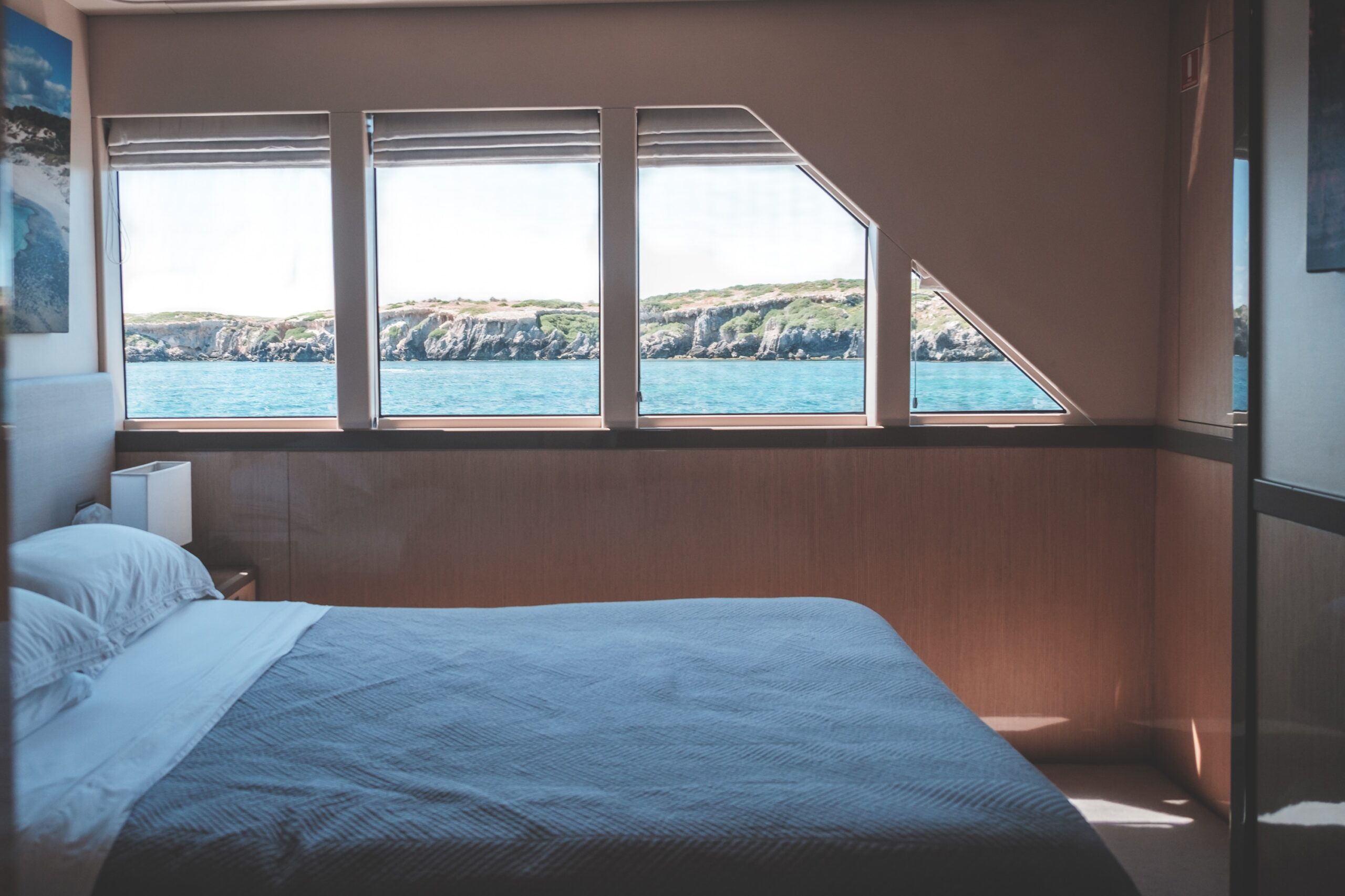
Unsold European Cruise Cabins: Why Are They Becoming More Common?
The European cruise industry has experienced a significant impact due to the COVID-19 pandemic. The industry has faced unprecedented challenges, including travel restrictions, port closures, and reduced consumer demand. As a result, many cruise lines have been forced to cancel or postpone their sailings, resulting in a large number of unsold cabins.
The pandemic has caused a decline in consumer confidence in the cruise industry, which has resulted in a reduction in demand for cruises. Many travelers are hesitant to book a cruise due to concerns about the virus and the potential for canceled or altered itineraries. This has led to a decrease in bookings and an increase in unsold cabins.
The Economics of Unsold Cabins
Unsold cabins have a significant impact on the economics of the cruise industry. Cruise lines rely heavily on the revenue generated by cabins, which typically account for a large portion of their profits. Unsold cabins represent a loss of potential revenue for cruise lines, which can have a significant impact on their bottom line.
Cruise lines also face additional costs associated with unsold cabins, including fuel, food, and maintenance costs. When cabins go unsold, cruise lines must still provide for the needs of the crew and maintain the ship, which can be costly.
How Cruise Lines are Responding to Unsold Cabins
To address the issue of unsold cabins, cruise lines have implemented a range of strategies. Some cruise lines have reduced the number of sailings or canceled them altogether. Others have lowered their prices to attract more customers, while some have offered incentives such as onboard credits or free upgrades.
Cruise lines have also introduced more flexible booking policies, allowing customers to cancel or reschedule their sailings with greater ease. This has helped to increase consumer confidence and encourage more bookings.
What it Means for Consumers
For consumers, the abundance of unsold cabins can present an opportunity to book a cruise at a lower price. Cruise lines are offering discounts and other incentives to attract more customers, making it a great time to book a cruise.
However, consumers should also be aware of the risks associated with booking a cruise during the pandemic. It is important to choose a cruise line that has implemented safety measures and protocols to protect passengers and crew from the virus.
The Future of the European Cruise Industry
The European cruise industry is likely to continue to face challenges in the near future due to the pandemic. However, the industry has shown resilience in the face of adversity, and there are signs of recovery on the horizon.
Cruise lines are implementing safety protocols and flexible booking policies to address consumer concerns and increase bookings. As vaccination rates increase and travel restrictions are lifted, consumer confidence is expected to improve, leading to an increase in demand for cruises.
Final Thoughts
In conclusion, the pandemic has had a significant impact on the European cruise industry, resulting in a large number of unsold cabins. Cruise lines have responded by implementing a range of strategies, including reducing sailings, lowering prices, and offering incentives. Consumers can take advantage of these opportunities to book a cruise at a lower price, but should also be aware of the risks associated with traveling during the pandemic. As the industry adapts to the new normal, it is expected to recover and thrive in the coming years.
